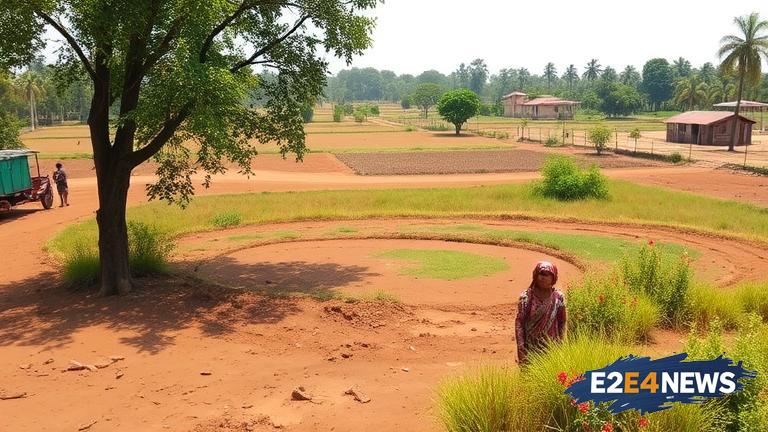A study conducted on the free patta schemes implemented by the government has revealed that only a small number of Arundhathiyars have benefited from these initiatives. The Arundhathiyar community, a marginalized group in India, has long faced difficulties in accessing land ownership. Despite the government’s efforts to provide free land pattas, the study shows that the majority of the community remains without land. The free patta scheme was introduced to provide land to the landless poor, but it appears that the Arundhathiyars have not been able to reap the benefits of this scheme. The study highlights the disparities in the implementation of the scheme, with only a handful of Arundhathiyars receiving land ownership. The researchers found that the scheme has been plagued by issues such as lack of awareness, bureaucratic delays, and corruption. Many Arundhathiyars are not even aware of the scheme, and those who are, face significant hurdles in accessing the benefits. The study also reveals that the land allocated under the scheme is often of poor quality, making it difficult for the beneficiaries to use it for agricultural purposes. The Arundhathiyar community has been demanding land ownership for decades, but their demands have fallen on deaf ears. The study’s findings are a stark reminder of the government’s failure to address the land ownership issues faced by the marginalized communities. The researchers have called for a thorough review of the free patta scheme and its implementation, to ensure that the benefits reach the intended beneficiaries. The study’s findings have significant implications for the government’s policies aimed at promoting social justice and equality. The Arundhathiyar community’s struggle for land ownership is a testament to the ongoing struggles of marginalized communities in India. The study’s results are a wake-up call for the government to take concrete steps to address the disparities in land ownership. The researchers have emphasized the need for a more inclusive and equitable approach to land distribution, one that takes into account the specific needs and challenges faced by marginalized communities. The study’s findings have sparked a renewed debate on the issue of land ownership and the need for more effective policies to address the disparities. The Arundhathiyar community’s demands for land ownership are not just about economic empowerment, but also about social justice and equality. The study’s results highlight the need for a more nuanced understanding of the complex issues surrounding land ownership and the need for policies that address the root causes of these disparities. The researchers have called for a more collaborative approach to addressing the land ownership issues, one that involves the government, civil society, and the marginalized communities themselves. The study’s findings are a reminder that the struggle for land ownership is an ongoing one, and that more needs to be done to address the disparities and promote social justice. The Arundhathiyar community’s struggle is a symbol of the larger struggles faced by marginalized communities in India, and the need for more effective policies to address these disparities. The study’s results are a call to action, urging the government to take concrete steps to address the land ownership issues faced by the Arundhathiyar community and other marginalized groups. The researchers have emphasized the need for a more sustained and inclusive approach to promoting social justice and equality, one that addresses the complex issues surrounding land ownership and promotes the empowerment of marginalized communities.
